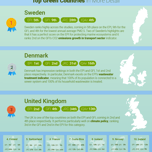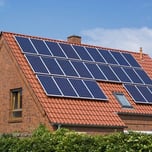- GreenMatch
- Blog
- Green Energy Investments to Expedite Due to War
Green Energy Investments to Expedite Due to War

As you watch the horror unfold in Ukraine, realise that you are not a helpless bystander. Several clean energy technologies like solar panels have matured, and to collectively swap out oil and natural gas for renewables would mean to reduce the Kremlin’s ability to fund their military in the long term. As per the International Institute for Sustainable Development, “fossil fuels accounted for over 60% of Russia’s export value in 2018. As a result, oil price fluctuations on the world market also affect the size of Russia’s GDP.”
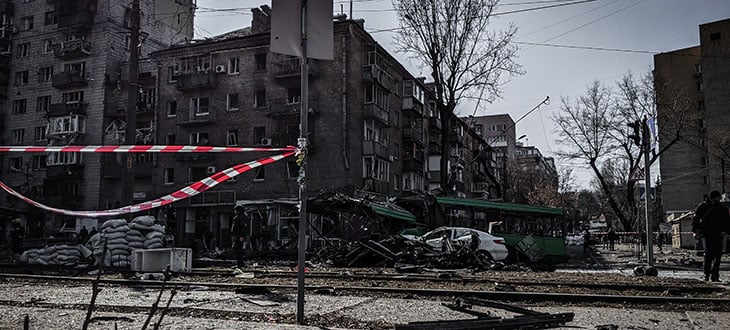
While NATO does not want to impose a no-fly zone to avoid a potential third world war, sanctions serve as a subtler mechanism to reduce the will to war.
However, Europe has a fairly small share in global solar production that is dominated by China, the US, India, Vietnam and Japan—and even though the European Commission has recently expressed that they will do “whatever it takes” to rebuild Europe’s solar manufacturing industry to reduce dependency on Russian gas, a closer look at the wording of these sanctions would reveal that these sanctions still largely allow Russia to export oil and gas to Europe.
Currently, around 40% of Europe’s oil and gas is imported from Russia. This over reliance is feared to have contributed massively to the development and rollout of Russia’s war machine, since oil and gas makes up more than 40% of the country’s revenue. Russian exports make up less than 5% of gas to the UK.
However, since 2014, the UK has paid £22 billion to Russia and is currently at risk of paying a further £2.3billion a year for Russian gas, according to the Oxford’s Smith School of Enterprise and the Environment.
The UK government has announced that it plans to phase out Russian gas exports completely by the end of this year and seems to have admitted to the enormous potential in renewables. However, the government still wavers on the exact roadmap that will bring about this separation, with fears that this could involve recommissioning old oil plants in the UK.
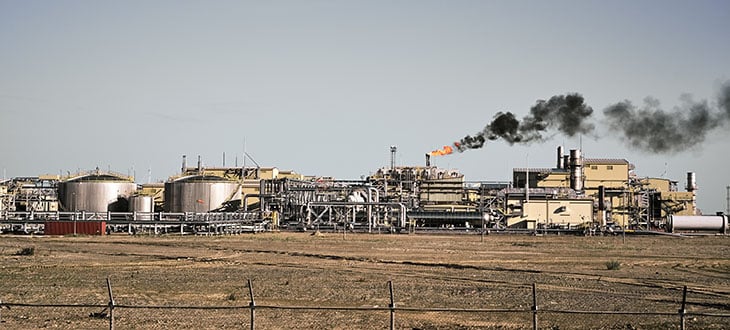
Oil is mostly used for transport while gas is used for heating, but both these energy sources are also used for electricity generation.
European politicians—already concerned about high energy prices—are afraid that thwarting war like this will weaken their own economies. While the messy politics of war can stop governments from protecting vulnerable groups, this is where conscious citizens like yourself can step in and take action.
Not least, this is because home energy efficiency will be imperative to this weaning from gas. The UK’s Energy and Climate Intelligence Unit estimates that improvements to home energy efficiency and insulation could increase the average UK households’ energy performance up to 20%.
There has already been an explosive growth in the demand for renewable technologies such as solar panels and people are actively looking for alternatives to gas boilers and other carbon sources.
Additionally, there’s a budding interest in available government incentives like heat pump grants and solar panel grants as well as energy conservation efforts by consumers themselves to get a handle on their own energy costs.
In the UK, this phenomenon has been accelerated against the backdrop of the April 2022 energy price cap increase that has raised average domestic bills by £693. However, what’s ironic is that the Russian government is now funding the green revolution as consumers want to help Ukraine.
Natural gas and oil prices have increased with the lead up to the war in Europe, but they are global commodities. Thus, by reducing the use of oil and gas anywhere in the world, you help reduce the demand for these energy sources. These efforts will buttress other initiatives like the nationwide gas boiler ban—launched by the UK government in a race to its 2050 net-zero carbon emissions goal—that can weaken the Kremlin’s oil power.
Cutting fossil fuel use and switching to solutions like solar P.V. can also, of course, slash your energy bills (by up to 70%!) and save you money.Three things you can do:
1. Install as many solar panels as you can afford
Over the last few years, solar P.V. costs have plummeted, and now, “solar power is the cheapest electricity in history,” as per the International Energy Agency. Period. No games. No subsidies are needed.
Solar energy is just shockingly cheap as industrial competitiveness progresses and as fossil fuel energy prices increase. 730MW of solar generation capacity was added to the UK in 2021, 36% higher than the previous year.
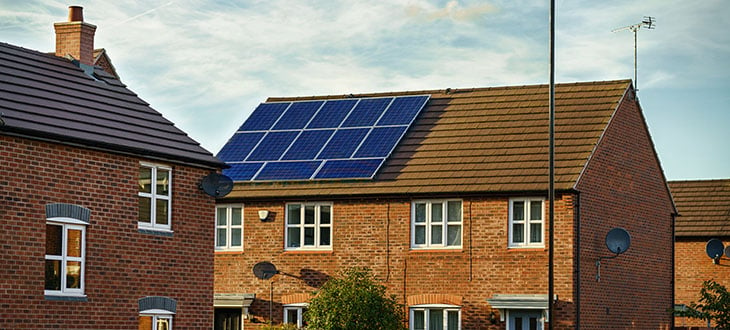
2. Electrify your heating
You can finally get rid of natural gas for heating by switching to electricity. By using cheaper solar-powered heat pumps, you can eliminate natural gas use in most applications.
The UK government aims to reach 600,000 heat pumps by 2028 and, with the April price cap increase, heat pumps are £260 per year cheaper to run than gas boilers. You will not get rich—but you will make a higher return than you can make from the bank.
3. Buy an electric vehicle (EV)
Most automobile suppliers now have electric options and some are even phasing out internal combustion engines completely. In general, the cost of ownership—including fuel and maintenance—is much less for EVs than gas guzzlers, and this is true even for relatively efficient gas-powered cars.
When compared to gas-powered automobiles, AEV batteries convert 59 to 62 percent of their energy into vehicle movement. This means that charging an AEV's battery contributes more to the vehicle's actual power than filling up at the petrol station.
The bottom line is that the average EV will save you more than ten thousand dollars over its lifetime or even more than that if you use solar power to charge it.
To protect vulnerable groups and stop unreasonable aggression, the demand for oil and natural gas—the foundation of Russia's economy—must be cut. Conscious citizens like yourself can do this by investing in energy efficiency, renewable energy and electrification.
You do not need to do everything at once however, and there are tons of things you can do to reduce gas and oil use that are not even an investment like turning your heat down when you are not home. In fact, the need for Russian gas could be eliminated entirely if every household in the UK were to lower their thermostats by 1 degree, according to estimates from The Climate Change Committee.
All energy conserved helps reduce the demand, which lowers costs as well as your bills—all the while defunding Russia’s military.

Joshua M. Pearce is the John M. Thompson Chair in Information Technology and Innovation. He holds appointments at Ivey Business School and the Department of Electrical & Computer Engineering at Western University. He runs the Free Appropriate Sustainability Technology research group.

We strive to connect our customers with the right product and supplier. Would you like to be part of GreenMatch?


